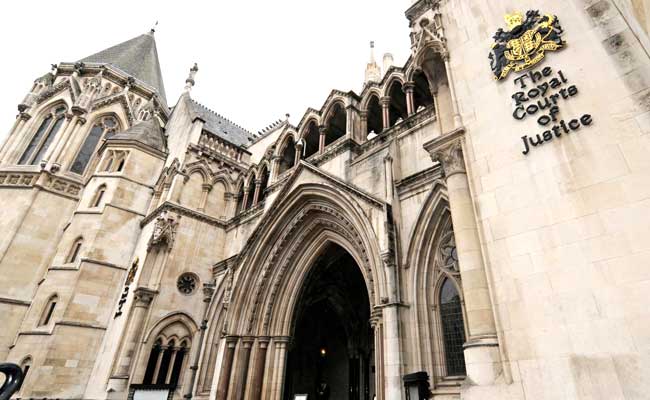UK
Jerome Jones – v -Birmingham City Council – and – SSHD

- Gang-related violence and the resulting public disorder have become a scourge which affects many cities.It may flow from drug dealing but is not unusually accompanied by the discharge of firearms or other acts of extreme violence directed at members of other gangs such that entirely innocent members of the public can become caught up in the cross fire. Investigation of such incidents is rendered more difficult (if not impossible) by the refusal of those who are injured to assist the police by naming their attackers (whom they will frequently have recognised), either because they fear the potentially violent consequences of doing so or because they prefer to take the law into their own hands and retaliate in like mode. Additionally, members of the public are fearful of being involved in prosecutions because of the risk of intimidation and violence. The result is not only that public safety is seriously affected but also that maintenance of the rule of law is endangered.
- The challenge presented by this type of behaviour is not to be underestimated.It has been felt particularly acutely in various areas of Birmingham where a gang known as the ‘Guns and Money Gang’ (“GMG”) is said to operate. The GMG aligns its loyalty with another gang, ‘the Johnson Crew’, which was previously contained within the INCH 1 gang. However, the INCH 1 fractured into the Johnson Crew and ‘the Burger Bar gang’ following an internal dispute, and these two breakaway groups have been intense rivals ever since. This rivalry increased during the 1990s with both groups (and smaller affiliates) claiming postcode areas as ‘their’ territory. An example of the violence that spilled out as a result is the infamous murder, at a New Year’s Eve party in January 2003, of Leticia Shakespeare and Charlene Ellis, who were caught in the cross fire of automatic machine gun fire wielded by offenders linked to the Burger Bar Gang targeting members of the Johnson Crew.
- In an attempt to address the inability of the criminal justice system to bring the perpetrators of gang-related crime to justice, and anxious to do all that it could to disrupt anti-social behaviour, discourage gang membership and divert youngsters into lawful and more socially worthwhile activity, some ten years ago, Birmingham City Council sought to use s.222 of the Local Government Act 1972 and commenced proceedings for injunctions against named individuals alleged to be involved.In Birmingham City Council v Shafi [2008] EWCA Civ 1186, however, it was held that such an application for the purpose of preventing gang-related activity should be refused by the court in its discretion, save in exceptional cases, because Parliament had intended the authorities to use the regime of Anti-Social Behaviour Orders set out in the Crime and Disorder Act 1998 and that the applicable standard of proof in such cases as would warrant an injunction was the criminal standard so as to achieve parity with the ASBO regime.
- Since then, clearly aimed at reversing the effect ofShafi, Part 4 of the Policing and Crime Act 2009 (“the 2009 Act”) introduced a new remedy enabling the county court or the High Court to grant an injunction for the purpose of preventing gang-related violence (including the protection of those involved with it from such further violence). By s. 51 of the Serious Crime Act 2015 (“the 2015 Act”), from 26 May 2016, the statutory purpose now also applies to gang-related drug-dealing activity. Finally, Part 1 of the Anti-social Behaviour, Crime and Policing Act 2014 (“the 2014 Act”) replaced the old scheme for anti-social behaviour orders (in force on 23 March 2015).
- This appeal concerns the compatibility of these provisions with Article 6 of the European Convention on Human Rights (“ECHR”). It is contended on behalf of Jerome Jones that the proceedings under this legislation, while civil, are in respect of a criminal charge and therefore attract the provisions of Article 6(1), (2) and (3). Alternatively, the fair trial provisions of Article 6(1) require proof to be at the criminal standard, beyond reasonable doubt, rather than (as the legislation prescribes) on the balance of probabilities.
- Both the Birmingham City Council and the Secretary of State for the Home Department (joined because of the issue of compatibility) argue that injunctions granted under this legislation do not entail the determination of a criminal charge and fall within the civil limb of Article 6(1). Further, even if the proceedings do involve the determination of a criminal charge, Article 6 does not mandate a specific standard of proof and the civil standard (with the identified protections) are sufficient. As for the alternative argument, ‘fair trial’ requirements do not require the criminal standard of proof and the legislation is fully compatible with the obligations of the UK pursuant to the ECHR.
Read the full judgement https://is.gd/bX3N5L





